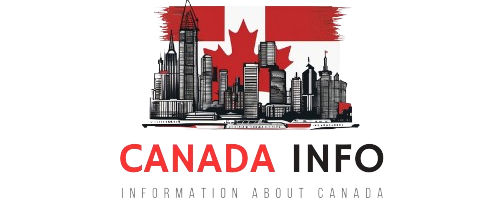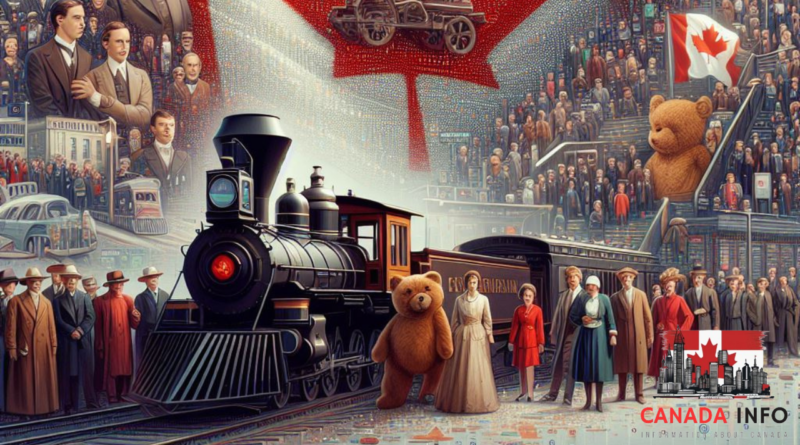Key Events in Canadian History: Confederation and Other Major Milestones
Canada’s rich history is marked by numerous significant events that have shaped its development as a nation. From early colonization to modern-day achievements, Canadian history is a tapestry woven with diverse cultural, political, and social threads. Let’s delve into some of the major events that have left an indelible mark on Canada’s history:
Exploration and Colonization (15th-18th centuries):
- The exploration of Canada began with the arrival of European explorers such as John Cabot and Jacques Cartier. These explorers mapped the coastlines and established early contacts with Indigenous peoples. The subsequent colonization by European powers, particularly the French and British, led to the fur trade, the establishment of settlements, and the interactions between Indigenous peoples and newcomers.
French and British Conflicts (17th-18th centuries):
- The struggle for dominance between France and Britain in North America culminated in several conflicts, including the Seven Years’ War (1756-1763). The British victory in this war resulted in the Treaty of Paris (1763), through which France ceded most of its territories in North America to Britain, including New France (present-day Quebec).
Confederation (1867):
- One of the most pivotal moments in Canadian history occurred on July 1, 1867, when the British North America Act (now known as the Constitution Act, 1867) created the Dominion of Canada, uniting the provinces of Ontario, Quebec, New Brunswick, and Nova Scotia into a single federal entity. This event laid the foundation for the eventual expansion of Canada into the nation we know today.
Building the Transcontinental Railway (late 19th century):
- The completion of the Canadian Pacific Railway (CPR) in 1885 was a monumental achievement in Canadian history. The CPR connected the eastern and western parts of Canada, facilitating transportation and trade across the vast expanse of the country. It played a crucial role in the development of the Canadian economy and the settlement of the western provinces.
World War I (1914-1918) and World War II (1939-1945):
- Canada’s participation in the World Wars had a profound impact on its history. During World War I, Canada’s contribution to the Allied war effort, particularly in battles such as Vimy Ridge, helped forge a sense of national identity. In World War II, Canada played a significant role in various theaters of the war and emerged as a respected member of the international community.
Quiet Revolution and Patriation of the Constitution (20th century):

- The Quiet Revolution of the 1960s marked a period of profound social and political change in Quebec, leading to the secularization of society, the rise of nationalist sentiment, and demands for greater autonomy. Additionally, the patriation of the Canadian Constitution in 1982, accompanied by the entrenchment of the Canadian Charter of Rights and Freedoms, represented a significant milestone in Canada’s journey towards full sovereignty and constitutional independence from Britain.
Modern Multiculturalism and Indigenous Reconciliation:
- In recent decades, Canada has embraced multiculturalism as a defining feature of its identity. Policies promoting diversity and inclusivity have shaped Canadian society, making it a mosaic of cultures and ethnicities. Moreover, efforts towards reconciliation with Indigenous peoples, including the acknowledgment of historical injustices and the pursuit of truth and reconciliation, reflect Canada’s commitment to healing past wounds and building a more equitable future for all Canadians.
In conclusion, Canada’s history is replete with moments of triumph, adversity, and resilience. From the early explorations to the challenges of nation-building and the pursuit of social justice, the events that have shaped Canada’s past continue to inform its present and inspire its future endeavors. As Canadians reflect on their history, they celebrate not only their achievements but also the diversity and unity that define the fabric of their nation.

